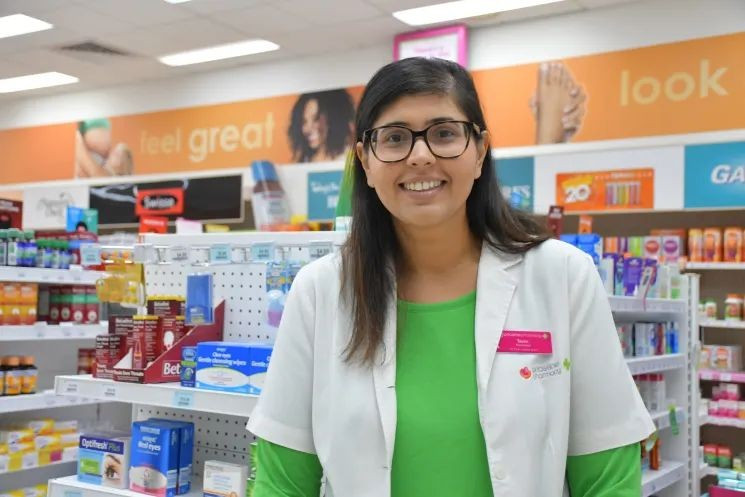General News
1 June, 2023
Pharmacists could start treating minor UTIs
Local residents could soon get antibiotics to treat urinary tract infections without seeing a doctor. The State Government introduced a bill in parliament on Tuesday to allow pharmacists to treat patients for uncomplicated UTIs. Minister for Health...

Local residents could soon get antibiotics to treat urinary tract infections without seeing a doctor.
The State Government introduced a bill in parliament on Tuesday to allow pharmacists to treat patients for uncomplicated UTIs.
Minister for Health Mary-Anne Thomas said the 12-month pharmacists pilot program would free up general practitioners to provide more complex care and reduce non-urgent presentations to emergency departments.
“It’s hard enough to see a GP, let alone one that bulk bills and that’s why we’re launching a 12-month pilot to test an expanded role for community pharmacists,” she said.
“Our community pharmacists have a wealth of experience and knowledge–they can recognise when there’s a simple solution and when things need to be escalated to a doctor.”
The pilot is planned to start in October, and pharmacist Taren Gill said Priceline Pharmacy Maryborough would likely join the program, which is opt-in.
“The Pharmaceutical Society of Australia has advocated quite strongly for this so that the patient is being looked after. Because we know that regionally it can take up to six weeks to get into a GP,” Ms Gill, who is the vice president of the Pharmaceutical Society of Australia Victoria Branch, said.
“We’re trained to refer any complicated symptoms and we’re always quick to refer on to medical professionals to assess those.
“We’re already doing a lot of it, it’s just that at the end of our current conversation we say go to the doctor and leave the patient hanging really, until they can come back with a script.”
Asked if assessing patients would be too time consuming for pharmacists, Ms Gill said she didn’t think so.
“We’re fielding these questions all the time anyway. People are coming to us before anywhere else generally in the town of Maryborough.”
Ms Gill said the pilot program would make a particular difference to patients getting appropriate treatment when they fell sick on weekends.
“It’s going to be a game changer for people coming in on a Sunday, when we’re not dragging a probably tired medico out to urgent care to see them and clogging up the urgent cares and emergency departments,” Ms Gill said.
A similar pilot was rolled out in Queensland and made permanent in October last year.
Maryborough Guardian Pharmacy pharmacist Catherine Charng said she believed the pilot was a good idea.
She said it would be up to the new management of the pharmacy to decide if they opted in to the pilot program.
“But I personally believe it will benefit both the pharmacy and the patients,” Mrs Charng said.
“We see patients very often coming in describing they symptoms they are having, we know exactly what it is, but the thing is we have to send them away to get an appointment (with a doctor), which could take sometimes days or a week. This is something we could prescribe and provide to them here in the pharmacy without having to delay their treatment, which could potentially lead it to a more serious state.
“We have to send them away just to get the proper treatment where (with the pilot program) we can offer it on the spot,” Mrs Charng said.
Mrs Charng wanted to reassure residents that pharmacists opting in to the program would have to complete appropriate training before being able to prescribe antibiotics for a UTI.
“I know people are concerned about whether pharmacists have the capacity and ability to do it. It’s not that we can just hop in and do it. We have to go through a training program,” she said.
If a pharmacist is concerned it is a complicated UTI, the patient would still be referred to a doctor.
The pilot will also see pharmacists able to renew an existing script for the oral contraceptive pill, something pharmacists had already been doing throughout the pandemic.
In April, healthcare accessibility advocacy organisation Cleanbill published a report detailing pricing and availability information about Australian GPs.
The report, Health of the Nation, revealed that Maryborough’s federal electorate of Mallee has 36 doctor clinics and of those, only nine are bulk billing.
The report stated that the bulk billing rate for clinics in Mallee was 29 percent, compared with 35.1 percent nationally.
The Royal Australian College of General Practitioners was contacted for comment on the pharmacy pilot but was unable to respond by print deadlines.